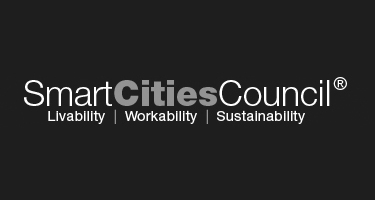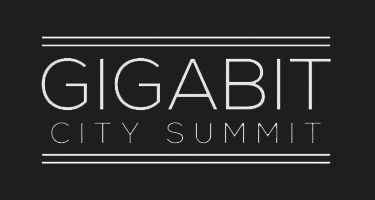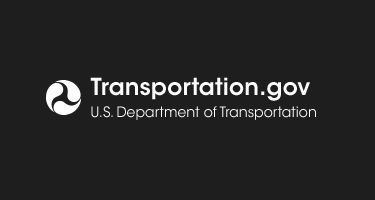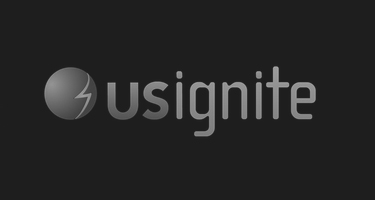Innovation Ecosystem Accelerators
Innovation in the 21st Century requires relationships and collaboration that come with a strong ecosystem. This ecosystem environment is central to the success of any innovation or cluster initiative. When relationships, organizations, resources and key performance indicators (KPI’s) are in proper alignment, the potential to harvest new public and private sector innovation, are greatly magnified. iNeighborhoods assists organizations to better understand and benefit from their unique innovation community assets and know-how, enabling your community to implement and accelerate its innovation pace.
Playbook Workshop
The need for public and private sector organizations to collaborate and realize Smart City opportunities means that stakeholders should begin to embrace community collaboration on a dramatically different scale. A Smart City Playbook describes the long-term strategies, short-term tactics, concrete plays and “quick start” projects from which to move forward and realize the social and economic benefits of digital technologies.
Our workshop has the primary objective of developing greater visibility and understanding of the Smart City socio-economic opportunity and the business case for community stakeholders. Smart City focus group areas can include but are not limited to: Digital Inclusion/Digital Literacy, Education, Energy, Water, Waste Management, Entrepreneurship, Government Services, Civic Tech, Citizen Engagement, Healthcare, High-Tech Business Development, Public Safety, Real Estate Development, Transportation, Mobility and more.
To see our playbook workshop in action, click HERE.
Entrepreneurship
iNeighborhoods entrepreneurial ecosystem specialist would inventory the assets that are place, assess the stage of development and gaps of the target area and related surrounding community. The entrepreneurial ecosystem specialist will meet with the core stakeholder team and other related community organizations to determine the health and robustness of the system. An ecosystem report will include a written and graphical representation of the ecosystem, stage of development, gaps and recommendations.
Economic Development
iNeighborhoods economic development specialist would meet with the core stakeholders and other community organizations, and perform related research, to develop an economic development impact statement for the target area. The economic impact statement would project potential community revenue flows and job creation by category that could be possible. An economic ecosystem report and recommendations would be generated.
K-12 and Higher Education Education
iNeighborhoods innovation education specialist, will meet with the core stakeholder team and other community organizations, as appropriate, to evaluate the current levels of systems readiness for change, innovation, and shifting to a modern learning culture. This will feature a review of initial systems, launch systems, and sustainability systems as it relates to achieving modern learning outcomes and sustainable shifts in learning. An education ecosystem report and recommendations will be generated.
Digital Equity
iNeighborhoods digital equity specialist, would meet with the core stakeholder team and other community organizations to evaluate the current stage of digital equity program development, device procurement and refurbishment, digital life skills training and implementation. A digital equity ecosystem report and recommendations would be generated.
Infrastructure
iNeighborhoods engineers would meet with City staff to review the target area and surrounding area telecom ecosystem and to better understand your goals and objectives and any broadband, wireless or public Wi-Fi initiatives to date. Our engineers would meet with, and assess, various franchise, ROW, telecom, colocation, fiber, wireless, public Wi-Fi and Internet Exchange agreements/assets in your area. An infrastructure ecosystem report and recommendations would be generated.
Ecosystem Key Performance Indicators
From the preceding works, iNeighborhoods would summarize and define key community ecosystem performance indicators that reflect the current stage of development and associated community goals. The KPI’s would then be used to observe and rank the progress of community ecosystem growth year over year. This data would then be used to calibrate and launch the next round of community ecosystem planning approximately every three years. A KPI ecosystem report and recommendations would be generated.
NOTE: Our ecosystem accelerators can be utilized individually or in any combination.
For further information, please reach out to us HERE.





